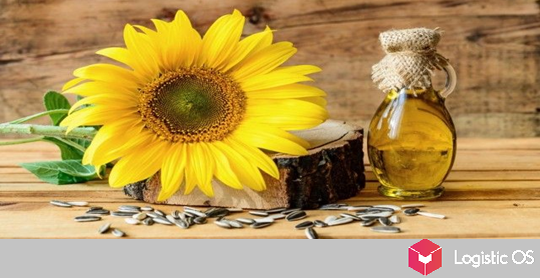Despite the promises of the President of the Russian Federation “not to infringe on business with further restrictions,” agrarians are worried that “tightening the screws” will continue.
The main thing that caused discontent among representatives of the agro-industrial complex in 2020 was not the coronavirus pandemic and not the lockdown (farmers almost did not suffer from them), but the government’s decision to introduce quotas and duties on the export of products.
Currently, the export duty on wheat is 50 euros per tonne, for corn — 25 euros, for barley — 10 euros.
Farmers fear that all this may make the very cultivation of grain and other crops unprofitable. After all, the prices for fertilizers and equipment have not dropped at all. Vadim Moshkovich, Chairman of the Board of Directors of Rusagro Group, expressed such concerns at a meeting with the President.
Even more fears are inspired by the fact that from June a «floating duty» will be introduced, which will regulate the export prices of many types of agricultural products.
Agribusiness development — not to the detriment of the country
Russian President Vladimir Putin replied to this that the state has no goal and no desire to «squeeze» the agrarians with some kind of prohibitions.
The fact that agribusiness makes big profits only makes the state happy, because these are new jobs, more money for the budget, and competitiveness in the world market.
But, the President emphasized, let’s not forget that farmers have managed to achieve impressive results today (for example, export growth by 20% in 2020) not without the help of the state and not without taxpayers’ money.
Therefore, they also have no right to expect that they will be able to freely receive excess profits from the sale of all products abroad, without supplying Russians with affordable products.
All that remains in this situation is simply to seek a balance of interests.
When will the balance be achieved?
At the moment, this is the problem. The agribusiness market in Russia is in a fever because the rules change too often.
On the one hand, the government has set an ambitious plan: to double the volume of agricultural exports by 2024 (to $ 45 billion). On the other hand, restrictions on the maximum price, for example, on sugar and sunflower oil discourage producers from selling it at a set price to stores.
As a result, there is a powerful imbalance between prices in the domestic and foreign markets.

Manufacturers, of course, would be glad to send everything for export, or adjust domestic prices to match high export prices. But this is unlikely to succeed, because the main goal of the Russian agro-industrial complex is to feed the country’s population.
Many farmers treat the introduced regulation measures extremely negatively and draw parallels with surplus appropriation. Andrei Sizov, director of the SovEkon analytical center, believes, for example, that this season farmers may receive less than 200 billion rubles, and another 400 billion in the next.
But, according to the President of the Russian Federation Vladimir Putin, all the «losses» from under-selling products for export at high prices are not losses, but lost excess profits. And the state in any case will continue to support the agrarians — however, they will have to work in the interests of the citizens of their own country.

